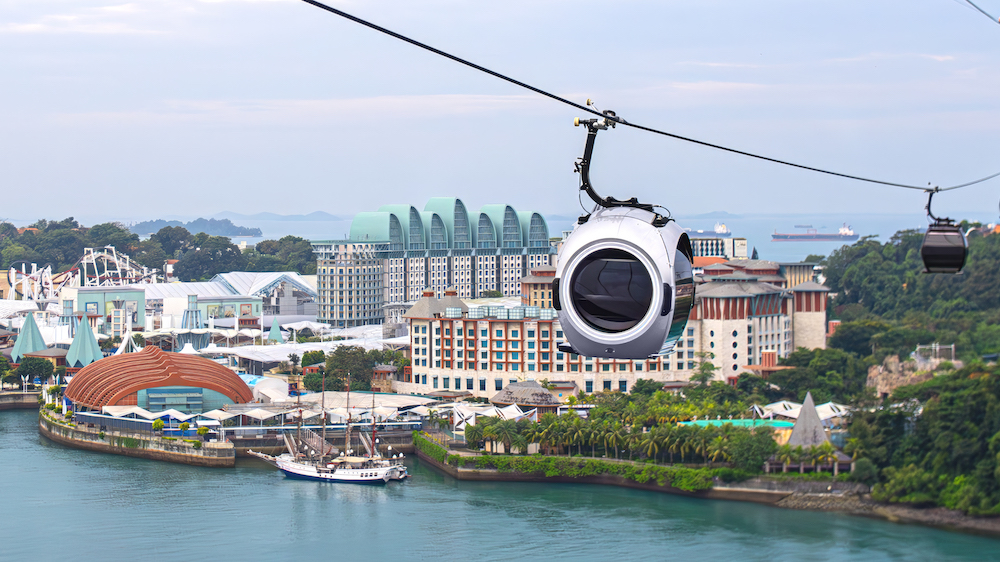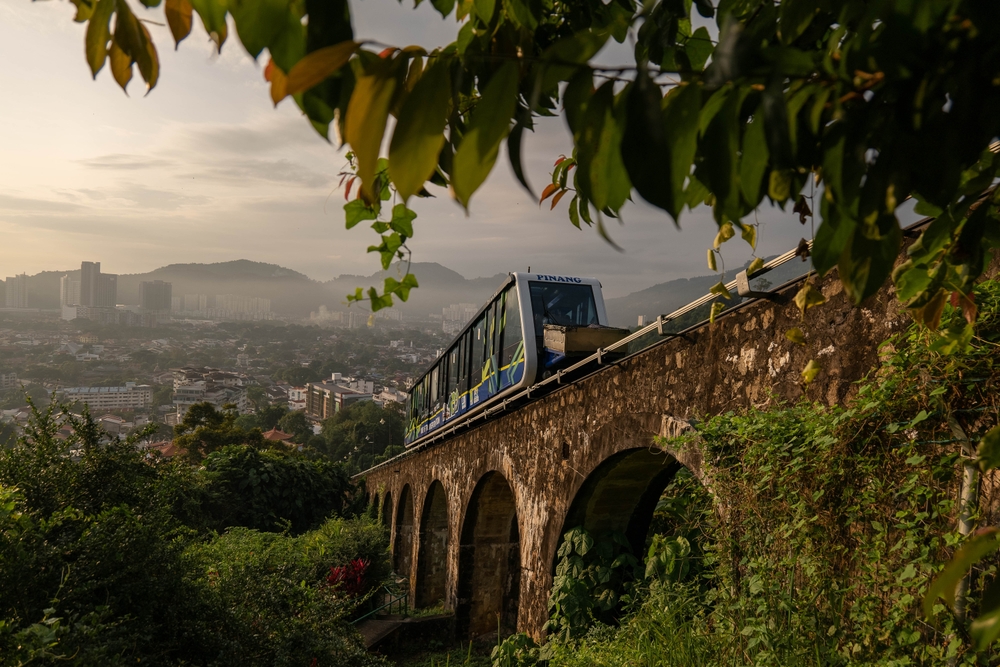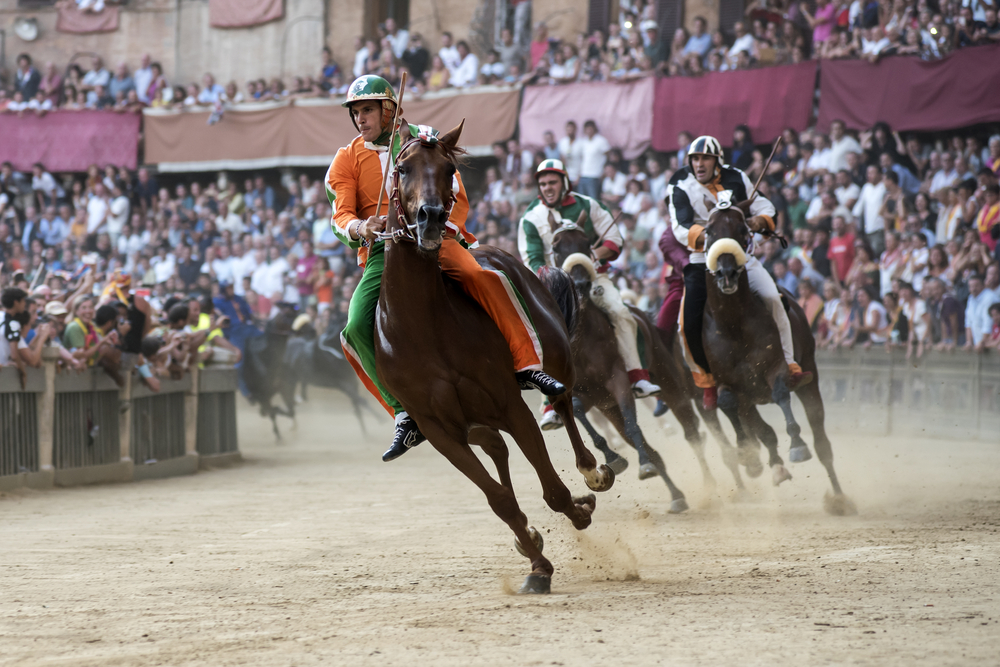When The Venetian Macao opened on August 28, 2007 on Cotai, a vast area of reclaimed land in Macau that connects what used to be two outlying islands, it was seen as a game changer. It was reportedly the largest single-structure hotel building in Asia, the sixth-largest building in the world by area and the largest casino in the world. It is twice the size of its sister property in Las Vegas and its pillar-less ballroom, at 6,500 sqm, is still the largest in town.
Size aside, it was also creating a fantasy world the like of which the former Portuguese colony had never seen before: dining at the replica Piazza San Marco, cruising along faux Venice canals while gondoliers serenaded you, and shopping under a permanent “blue sky” for almost any luxury brand you could name. The facility has attracted large followings from China as well as India – so much so that even Bollywood, in the form of the International Indian Film Academy, has come to town and booked The Venetian Macao as the venue for its annual awards.
State of play

Five years on from that momentous opening, however, the game on the Cotai Strip, as it is now known, has changed repeatedly. Three other mega entertainment projects have since joined ranks on the new Strip, each in a multi-hotel concept. The latest, Sands Cotai Central (SCC), is also by Sands China, a subsidiary of Sheldon Adelson’s Sands Las Vegas that originated The Venetian concept.
SCC has just opened the largest Sheraton in the world in addition to the largest Holiday Inn and Conrad properties, which began operations in April. When the second tower of the Sheraton is completed early next year, SCC will have added a total of some 6,000 rooms to the Cotai area, as well as tens of thousands of square metres of event space.
Corinne Janssen, director of sales-associations for Sheraton Macao, says the property’s sheer size will be attractive to convention organisers, who have the option to group all their delegates under one roof without having to think of shuttle buses or multiple hotel contracts.
“We can go up to a ceiling of 3,000 [delegates], and if it grows beyond that we will work with our sister properties – there are five brands offering five price points. We can organise meetings, entertainment and dining, and we do all of that in one contract,” she says.
Julia Timmermann, business development manager of Off-Site Connections Event Solutions, agrees. “The properties in Cotai are an event organiser’s dream. Bedrooms, restaurant and meeting venues as well as ballrooms for any group size can be found in one property. As the whole event can happen under one roof, the event logistics are made very convenient,” she explains.
Critical mass
The two projects that came before SCC were no small deals either. In 2009, the US$2.1 billion City of Dreams (COD) opened, which would eventually feature the Grand Hyatt, Hard Rock Hotel and Crown Hotel, connected by one mega-complex of shops, restaurants and entertainment. Together, there are more than 1,400 accommodation units, and Grand Hyatt alone offers some 8,000 sqm of meeting space, including a grand ballroom for up to 2,500 people and the creative Salão do Teatro, which is connected to a show kitchen where various styles of performance are possible.
COD puts emphasis on its choice of entertainment options, including a dome-shaped theatre providing a 360-degree underwater simulation called The Bubble, and the US$250 million House of Dancing Water show by Franco Dragone. Currently, it’s running a sexually charged cabaret called Taboo at the complex’s two-storey Cubic club, which in itself is a HK$100 million investment consisting of a stage with high-tech sound and lighting.

Then in May 2011, Galaxy Macau opened as the first “Asian-centric” integrated resort in Macau, featuring its own 1,500-unit Galaxy Hotel, a 500-room Hotel Okura as well as Banyan Tree with 250 suites and villas. In terms of meeting facilities, this complex is comparatively modest, with 12 venues ranging from 80 sqm to 1,330 sqm.
But it also has East Square, a 2,100 sqm multipurpose leisure and entertainment venue where events such as the Asian Beer Festival and 2012 Countdown Party have been held. Pyrotechnics, 3D projections and club-quality sound are some of the capabilities the venue has showcased in these programmes. The adjacent UA Galaxy Cinemas, on the other hand, offer some 1,000 seats including four premium Director’s Club cinemas, ideal for private catered events for up to 22 seated guests. A total of nine theatres are equipped with screens capable of showing 3D movies and are suitable for functions such as private parties, stage performances, meetings and business presentations.
What also makes Galaxy Macau appealing is its selection of hotels. Each of the three plays to its respective strength and there are plenty of amenities to keep MICE delegates’ family members happy, should they be tagging along. Banyan Tree offers internationally famed spa products and Thai-style villas, while Okura features refined Japanese hospitality traditions such as top-notch fare from Yamazato, whose sister branch in Amsterdam has been awarded Michelin stars, and a globe-shape shoji tea ceremony room featuring a tea master with decades of experience.
Galaxy Hotel, on the other hand, offers the world’s largest sky wave pool complete with a man-made, white-sand beach. Also under the same roof are casinos, VIP clubs, food and beverage outlets including the world’s first Maccallan Whisky Bar and the signature Belon Oyster Bar & Grill, and luxury retail outlets such as Van Cleef & Arpels.

Not to be forgotten is the four-year-old Four Seasons Macau, which is connected to The Venetian by The Grand Canal Shoppes mall. It has a distinctly different feel to other properties in Cotai with its relatively small size (360 units) and classic European décor. Indeed, the property makes much of its resort feel, especially with its five outdoor pools, including a lagoon-style one, surrounded by lush greenery. Its six meeting and function spaces are modest, with the largest being the Lotus Ballroom for up to 400 people.
Its exclusive feel and the pool area have made this property popular for upmarket events by clients in the luxury goods industry. Mercedes-Benz, for example, held a car show here where one of its latest models was displayed on a layer of glass right above one of the pools, creating a stunning visual illusion of the car “floating” on water.
What the future holds
All these facilities are impressive, but is demand catching up with supply? According to the latest figures from the territory’s Statistics and Census Service, there were a total of 234 MICE events held in Macau in the second quarter of 2012 – 26 less than the same period in 2011 – of which 201 events were held in paid venues. But the total number of participants and attendees went up by 8 per cent to 130,016.
Sheraton’s Janssen thinks that her hotel, part of the Starwood group, will facilitate the rise of MICE business in Macau. “There is a huge market out there that doesn’t know anything about Macau. One of the things we focus heavily on is promoting the destination, the all-under-one-roof concept for the largest conventions,” she says, adding that the hotel group has 33 sales offices around the world and nearly 400 sales associates “knocking on doors” to promote the property. Being able to offer multiple-year, multiple-property deals and loyalty programme benefits through Starwood Preferred Guest and Starwood Preferred Planner also provides an edge for Sheraton over some of its Cotai competitors, she believes.
For now, at least, the future of Macau seems to be as bright as the flashing neon signs along Cotai’s main strip of Avenida Cidade Nova. Less than 10 years ago, no one would have thought this tiny city of 500,000 could achieve half of the things we see happening today. Within the next decade, it may well surprise us all again.
THE PROFESISONALS
DOC DMC Macau
Off-site Connections Event Solutions
FAST FACTS
Access: Most visitors to Macau reach the territory by ferry from Hong Kong, which departs from Hong Kong Macau Ferry Terminal on Hong Kong Island, Hong Kong China Ferry Terminal in Kowloon, and SkyPier at Hong Kong International Airport. The journey takes an hour. In Macau, the ferry docks at either the older Macau Outer Harbour Ferry Terminal or the Macau Taipa Ferry Terminal, which is closer to Cotai (most of the hotels offer shuttle bus pick-ups from both facilities). Macau International Airport, which has flights serving various destinations in China and Southeast Asia, is only five minutes’ drive away.
Climate: Macau has a tropical climate with distinctive wet (April-October) and dry seasons. Most of July and August exceeds 30?C during the day. The chance of a typhoon is highest between July and September. Autumn and winter, especially from mid-October to December, are the best times to visit, as it’s cooler and dry.
Visa: Passport holders of some 70 countries can enter Macau without a visa and stay up to three months. In most – but not all – cases visas may be applied for upon arrival at immigration. If you are unsure of your status, visit http://portal.gov.mo
Language: The native tongue of Macau is Cantonese, although there is still a thousand-strong Portuguese population that is a legacy of the territory’s colonial history. Rapid development has attracted workers from the mainland so Mandarin is widely spoken. English works well in hotels.
Contact: Macau Government Tourist Office
INSIDER VERDICT
“The great thing about Cotai Strip is, we have a huge transportation department, with the buses and the ferries – everything works together and talks to each other.”
– Ruth Boston, general manager-sales and marketing, Sheraton Macao Hotel
“We are starting to reach a critical mass – Cotai is coming of age, with all the different hotels and different products.”
– Corrine Janseen, director of sales-associations, Sheraton Macao Hotel
HOTEL HIGHLIGHTS
The Venetian Macao
A mammoth 3,000-suite property with more than 30 restaurants, 330 retail stores, 25,000 sqm of meeting space, the 75,000 sqm CotaiExpo exhibition space, the 1,800-seat Venetian Theatre as well as CotaiArena seating up to 15,000. This was where it all started – and it’s still a favourite for organisers of big-scale events.
Four Seasons Macau
This classic five-star hotel has 360 units and European décor, as well as fine Chinese and Portuguese dining outlets. There are six function spaces including a boardroom for 12 and Lotus Ballroom for 400, but it’s the sizeable outdoor pool area that is popular for exclusive events.
Galaxy Macau
An integrated resort with three hotels and 2,200 units all under one roof, this property can organise anything from a traditional conference to theme parties, especially with the Banyan Tree offerings.
Grand Hyatt Macau
Alongside 791 luxury rooms and suites, this hotel has some 8,000 sqm of meeting space that includes The Grand Ballroom for up to 2,500 people and Salao do Teatro featuring a show kitchen. British chef Richard Sawyer, formerly of legendary Hugo’s at Hyatt Regency Hong Kong, has recently been appointed to head international outlet mezza9.
Sheraton Macao
The latest opening on the Cotai Strip, when completed early next year this property will feature 3,896 guestrooms and suites. It has 19,880 sqm of event space, including the Kashgar Ballroom that spans almost 5,000 sqm. As it’s part of the Sands Cotai Central complex, it can work synchronously with Holiday Inn and Conrad to keep all the delegates of a very large conference under one roof. Shoppes Cotai houses 100 intimate boutiques and galleries, as well as an Asian-oriented line-up of restaurants.
Reggie Ho


